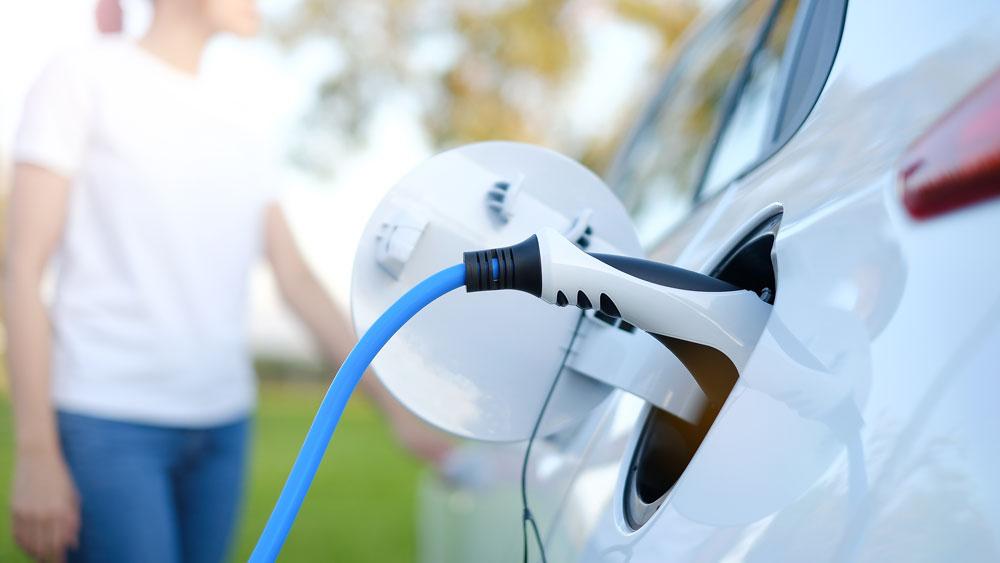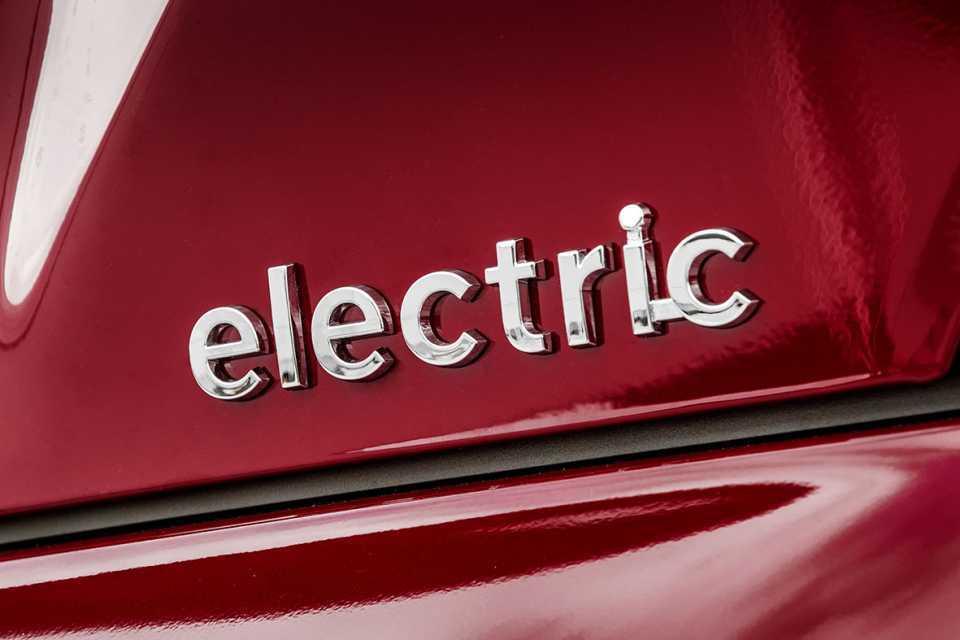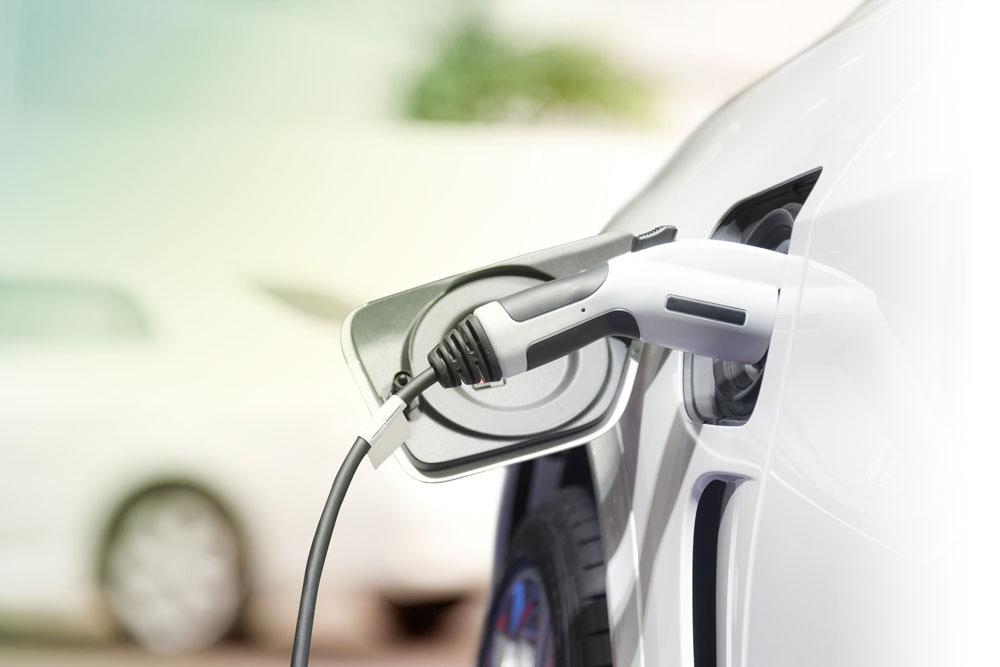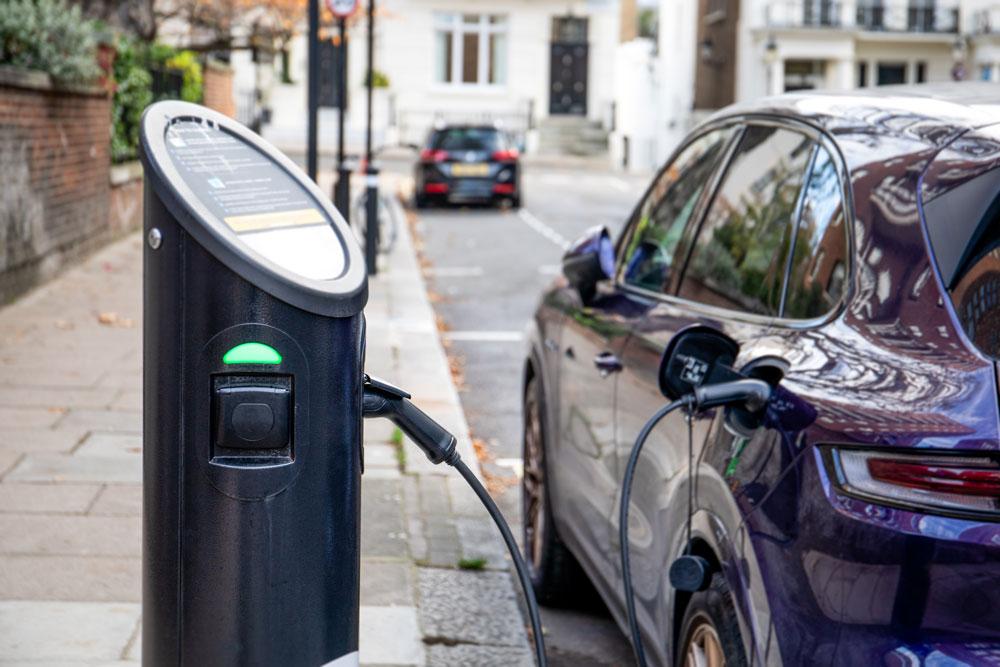The UK’s used car market increased by 4.4% in Q3 after two consecutive quarters of decline, according to the Society of Motor Manufacturers and Traders (SMMT). Some 2,168,599 transactions took place between July and September, 92,217 more than the same period in 2019, with September recording the largest growth, up 6.3%.
Despite the growth, spurred by the re-opening of showrooms and easing of lockdown measures across the country, the UK’s used car market is still down with 1,070,941 fewer transactions over the first nine months representing a decline of -17.5% overall.
Demand for pre-owned battery electric vehicles (BEVs), which saw a decline of -29.7% in the Q2 – recovered during Q3, growing by 34.4% and 4.4% in the year to date. At the same time, sales of plug-in hybrids increased by 35.7%, with 10,040 changing hands. Petrol and diesel cars both saw an increase in sales of 4.5% and 2.6% respectively, accounting for 97.42% of all used transactions during the quarter.
Superminis, despite only seeing a modest 2.0% increase during the third quarter, remained the most popular segment with 698,587 purchases, accounting for 32.0% of transactions. The lower medium was the next best seller with 27.0% of the total market share. Meanwhile, the dual-purpose segment showed the largest percentage growth (16.6%) with 13.0% market share as more of these popular vehicles entered the used market.
Mike Hawes, SMMT Chief Executive, said, “With England entering a fresh lockdown, and tighter Covid restrictions in place across the rest of the UK, the car is playing an even more important role in keeping society moving as public transport becomes less attractive for many. It is encouraging to see used car sales returned to growth but, as the pandemic continues and outlets in many areas are being made to close again, the short-term outlook is less positive. Given these premises are often proven to be Covid-secure, we need them to re-open quickly to protect vital jobs and ensure no further delay to the fleet renewal necessary to deliver environmental improvements.”







